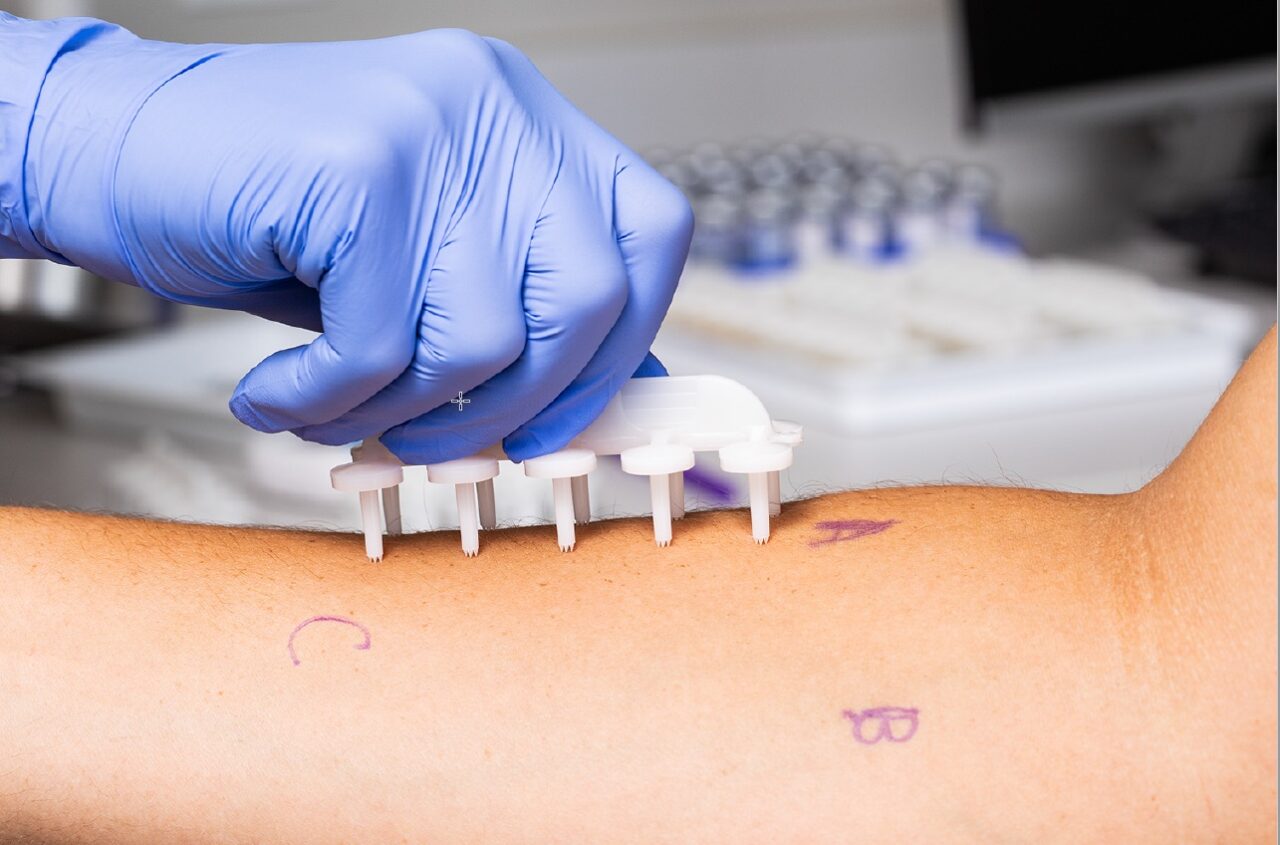
The Glucose Tolerance Test (GTT) is a vital diagnostic tool used to assess how well the body processes glucose. This blog will delve into the GTT procedure, its relevance during pregnancy, and where to find reliable pathology labs in Kolkata for this test.
What is a Glucose Tolerance Test (GTT)?
Explanation of GTT’s purpose in evaluating insulin resistance and diabetes risk.
Differentiation between fasting and oral glucose tolerance tests.
How is the GTT Performed?
Preparation: Patients are usually required to fast overnight (at least 8 to 10 hours, but not more than 16 hours) before taking the test. Only water is allowed during this fasting period.
Testing Procedure:
Baseline Blood Sample: A blood sample is taken upon arrival at the testing site to measure the fasting blood glucose level.
Glucose Intake: You will then drink a glucose solution, which contains a high concentration of glucose.
Subsequent Blood Samples: Further blood samples are taken at specific intervals to measure how the glucose solution is metabolized by the body. These intervals are typically at 1 hour, 2 hours, and sometimes 3 hours post-glucose intake.
Interpreting GTT Results:
Normal: A normal 2-hour glucose level should be below 140 mg/dL (7.8 mmol/L).
Prediabetes (Impaired Glucose Tolerance): Levels between 140 and 199 mg/dL (7.8 mmol/L and 11.0 mmol/L) indicate prediabetes.
Diabetes: Levels of 200 mg/dL (11.1 mmol/L) or higher at 2 hours suggest diabetes.
The criteria may vary slightly based on the specific protocols of the testing facility and the type of GTT test performed.
Why is the GTT Important?
- Early Diagnosis: The GTT can help catch glucose handling problems before they develop into more severe conditions, such as type 3 diabetes or cardiovascular disease.
- Managing Gestational Diabetes: For pregnant women, detecting and managing gestational diabetes is crucial for the health of both the mother and the baby. It helps in planning a diet and, if necessary, medication regimen to maintain blood glucose levels within a safe range.
- Risk Assessment: It helps in assessing the risk of developing diabetes in the future and aids in initiating preventive measures early.
Who Should Get a GTT?
- Pregnant Women: Typically screened for gestational diabetes between 24 and 28 weeks of pregnancy.
- People with Prediabetes: Those who have been identified as having an elevated risk of developing diabetes.
- Symptomatic Individuals: Those exhibiting symptoms of high blood sugar levels such as increased thirst, frequent urination, fatigue, and blurred vision might be recommended to undergo a GTT.
Conclusion:
The Glucose Tolerance Test is a valuable diagnostic tool in the fight against diabetes. By understanding how your body processes glucose, healthcare providers can make informed decisions about further testing, lifestyle changes, or treatments that may be necessary to manage your health. If you suspect you are at risk for diabetes, or if you are pregnant and concerned about gestational diabetes, consult with your healthcare provider about whether a GTT is right for you. Awareness and early diagnosis are key in managing and potentially preventing the long-term effects of diabetes.


